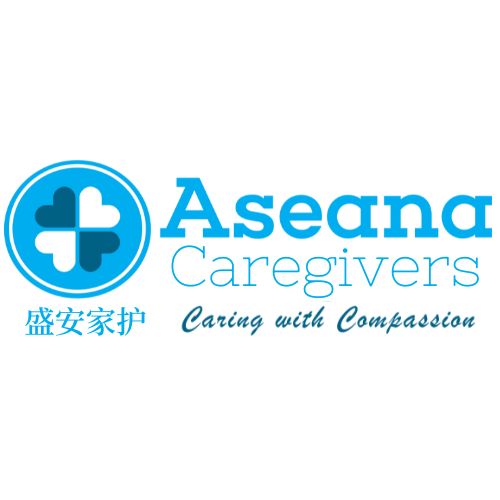
A caregiver is a skilled professional who specializes in nursing care, elderly care, or social work. They may have previous experience working in senior care facilities as nurses or nursing assistants.
Caregivers possess a combination of expertise and compassion that enables them to provide essential care and support to individuals who require assistance due to illness, disability, or old age. Whether they are caring for a family member or a loved one, caregivers play a crucial role in maintaining and enhancing the quality of life for those in need of care.
Caregiver can provide a range of support services, including:
- Live-in care (moderate care or complex care)
- Personal care (bathing, dressing, grooming)
- Medical care (medication administration, wound care)
- Companionship (engaging in activities, emotional support)
A caregiver can be a family member, friend, or professional who has received training to provide care in diverse settings such as the home, hospital, nursing home, or community center.
Caregivers hold a significant role in assisting individuals to preserve their independence and enhance their quality of life. They often collaborate with healthcare professionals and social workers to coordinate comprehensive care and support.
Type of Caregiver
Professional Caregivers
- Professional caregivers refer to those who are employed through agencies and undergo thorough screening, insurance, and bonding processes. They provide private-duty care and offer backup options in case the assigned caregiver is unavailable.
Independent Caregivers
- Independent caregivers, also known as individual caregivers, work directly with families without agency involvement. While they may offer more cost-effective options, hiring them entails assuming the risk of inviting someone into the home without approval from relevant authorities.
- Family caregivers are individuals who voluntarily take care of their loved ones, often within the family unit. These caregivers can be spouses, children, or other relatives, and they may juggle caregiving responsibilities alongside other employment. Typically, family caregivers do not receive financial compensation for their services.
Respite Caregiver
- Respite caregivers provide temporary relief to family caregivers, allowing them to take breaks and recharge. These caregivers can be either independent or professional caregivers, and their primary role is to offer short-term assistance rather than long-term care.
What is the difference between a Caregiver and Domestic helper?
Responsibilities and Focus:
- Caregiver: A caregiver is primarily focused on providing care and support to individuals who require assistance due to illness, disability, or old age. Their responsibilities may include assisting with activities of daily living (ADLs), managing medications, coordinating medical appointments, and offering emotional support.
- Domestic Helper: A domestic helper is typically responsible for performing various household tasks and chores, such as cleaning, cooking, laundry, and general housekeeping duties. They may also take care of childcare or handle other domestic responsibilities.
Training and Expertise:
- Caregiver: Caregivers often receive specialized training or have professional experience in nursing care, elderly care, or social work. They may possess specific knowledge and skills related to caregiving, including medical care, specialized techniques, and understanding the needs of individuals with specific conditions.
- Domestic Helper: Domestic helpers may not necessarily have specialized training in caregiving or healthcare. Their skills and expertise typically revolve around domestic tasks, such as cleaning methods, cooking skills, or childcare.
Focus of Care:
- Caregiver: Caregivers primarily focus on the well-being and care of the individual they are assisting. They prioritize the physical, emotional, and medical needs of the person receiving care.
- Domestic Helper: Domestic helpers primarily focus on managing and maintaining the household environment, ensuring cleanliness, organization, and efficiency in daily tasks.
- Caregiver: Caregivers can work in various settings, including private homes, assisted living facilities, nursing homes, hospitals, or community centers. Their work location is often centered around the specific needs of the individual receiving care.
- Domestic Helper: Domestic helpers generally work within private households, where they provide support and assistance with household chores and responsibilities.
For more info about domestic helpers can visit: https://www.helpersconnect.com.sg/
For more info about Live-in Caregivers: https://www.caregivers.com.sg/live-in-caregivers/
For more understanding can view:
Introduction of Caregivers

